Footman James, an insurance company for classic and special cars, did a study that leaves you astonished to say the least. According to his data classic cars are generally less harmful to the environment than modern cars, including electric cars. This conclusion takes into account the limited use of the classics throughout the year, unlike modern cars, which are often used on a daily basis. At the same time, their production leads to the generation of a large amount of carbon.
According to the report, the average classic car in the UK emits 563 kg of CO2 per year as they travel an average of 1,931 km per year. Although modern cars have significantly lower CO2 emissions per kilometer, they drive much longer distances per year. This generates a fairly large carbon footprint straight from the factory.
The study suggests that the carbon footprint of an average passenger car like the VW Golf is 6.8 tons of CO2. A modern battery electric vehicle like the Polestar 2 increases it to 26 tons of CO2 before it even leaves the factory. A figure that can be difficult to compensate for with zero-emission driving. In comparison, an average classic car takes over 46 years to achieve the same CO2 emissions as Polestar 2.
Footman James: less polluting classic cars but only because they are less used
To be honest, this comparison will lose some “momentum” in the near future. This will happen when automakers hit their zero-emission production targets over the next decade. For example, Polestar promised to release the first green car by 2030. Other companies are working to reduce the carbon footprint of their factories. Volvo admitted that the production of an electric vehicle it generates 70% more emissions than its equivalent with a combustion engine. Obviously, its carbon footprint is lower throughout its life cycle.
The performance report says two-thirds of classic car owners are concerned about climate change. P.more than half of them would be open to emission compensation schemes.
“It’s easy to assume that classic cars do more damage simply because of their older, less efficient engines, but the report’s data disproves this theory. It’s really about how these cars are maintained and used. It is clear that while new modern and electric vehicles may seem better for the planet day after day, the problem is the impact of their production “, said David Bond, chief executive of Footman James.






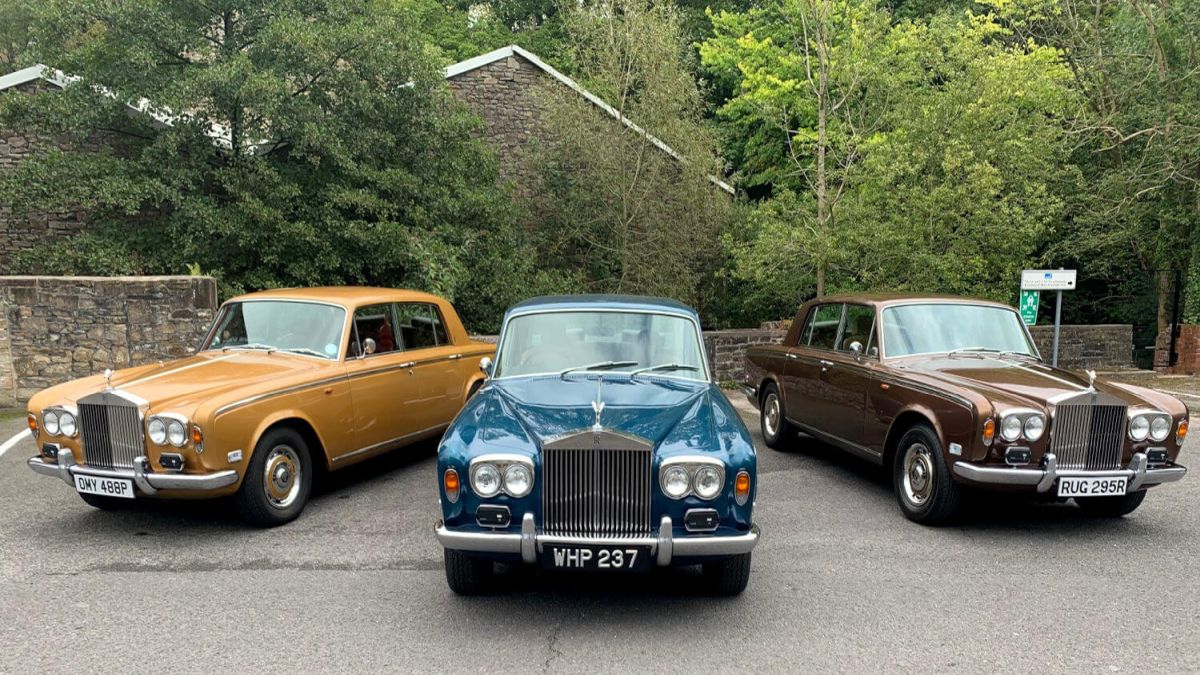



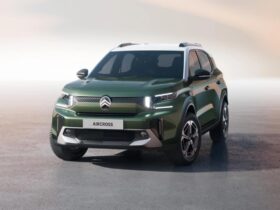

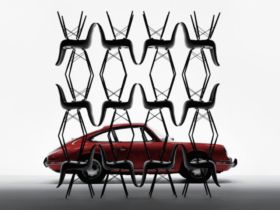

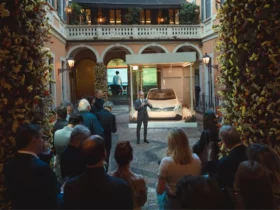
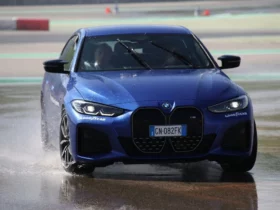
Leave a Reply
View Comments